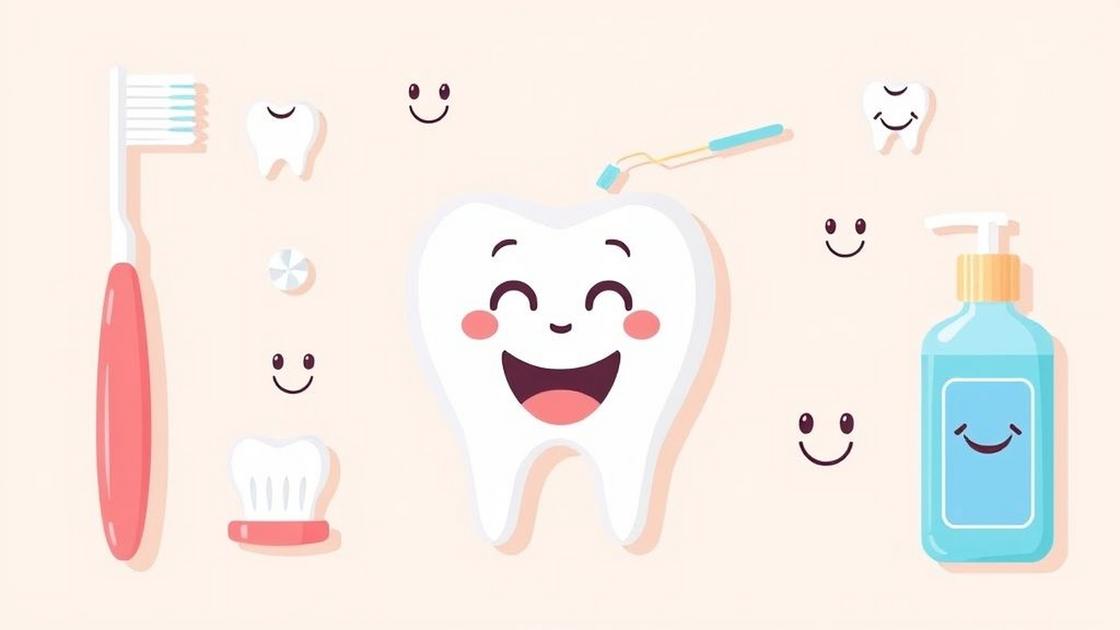Are you tired of dealing with dental issues like sensitivity and cavities? How to remineralize teeth naturally with vitamins can be the answer you’ve been seeking. By focusing on the right vitamins and minerals, you can support your teeth’s health and regain your confidence. In this article, we’ll guide you through various methods to naturally boost remineralization and achieve a radiant smile without invasive procedures.
Understanding Tooth Remineralization
Tooth remineralization is the process that helps restore minerals to your teeth after they have been stripped away. This natural ability of your teeth can be enhanced with specific vitamins and minerals. When the outer enamel layer of teeth loses minerals, it may lead to cavities and decay. Understanding how this process works is essential for maintaining a healthy smile.
Essential Vitamins for Healthy Teeth
Vitamins play a crucial role in keeping our teeth healthy and strong. Here are some essential vitamins that can aid in remineralization:
- Vitamin A: This vitamin is vital for maintaining the tissues in your mouth and helps keep your gums healthy.
- Vitamin C: Essential for collagen production, vitamin C contributes to healthy gums and the overall healing process.
- Vitamin D: Often known as the sunshine vitamin, vitamin D helps the body absorb calcium and phosphorus, which are critical for developing strong teeth.
- Vitamin K2: It helps direct calcium to the bones and teeth, promoting optimal mineralization.
How Calcium Affects Your Dental Health
Calcium is synonymous with strong bones, but its importance extends to your teeth as well. This mineral forms the foundation of your teeth’s structure. When you consume enough calcium, you help remineralize your teeth effectively. Low calcium levels may lead to weakened enamel and increase vulnerability to decay.
The Role of Phosphorus in Remineralization
Phosphorus works hand in hand with calcium to maintain dental health. It aids the body in creating hydroxyapatite, which is the mineral that strengthens tooth enamel. Foods rich in phosphorus, such as dairy, nuts, and meat, can support the remineralization process, ensuring your teeth stay healthy and strong.
Vitamin D: The Sunshine Vitamin for Teeth
Vitamin D is incredibly important for oral health. It facilitates calcium absorption in your body, which is necessary for remineralization. Sun exposure can help increase your vitamin D levels, but it can also be found in fatty fish, egg yolks, and fortified foods. Ensuring adequate vitamin D intake helps protect against tooth decay.
Foods That Promote Tooth Remineralization
What you eat plays a significant role in tooth health. Here’s a list of foods to consider incorporating into your diet for remineralization:
- Dairy Products: Milk, cheese, and yogurt are rich in calcium and phosphorus.
- Leafy Greens: Vegetables such as spinach and kale contain vitamins and minerals that contribute to remineralization.
- Nuts and Seeds: They provide essential fatty acids and phosphorus.
- Fatty Fish: Salmon and mackerel are excellent sources of vitamin D.
- Fresh Fruits and Vegetables: They help maintain a balanced pH level in the mouth.
Natural Remedies to Boost Enamel Strength
Along with a vitamin-rich diet, there are other natural remedies that can help enhance your enamel strength:
- Oil Pulling: Swishing coconut oil in your mouth may reduce harmful bacteria and promote oral health.
- Herbal Teas: Certain herbal teas contain antioxidants that can enhance dental health.
- Homemade Toothpaste: A mix of baking soda and coconut oil can act as a gentle abrasive to remove plaque.
- Xylitol: Including xylitol in your diet can help reduce cavity-causing bacteria.
The Importance of Good Oral Hygiene
While remineralization is vital, good oral hygiene practices are equally important. Brushing your teeth twice daily, flossing regularly, and visiting your dentist can help prevent tooth decay and support your remineralization efforts. Make it a habit to brush properly, using fluoride toothpaste as it promotes enamel strength.
Hydration’s Impact on Dental Health
Staying hydrated is crucial for your overall health, but it also plays a significant role in dental care. Drinking enough water helps produce saliva, which is your body’s natural defense against tooth decay. Saliva contains minerals that can aid in the remineralization of enamel. So, keep that water bottle handy!
Transforming Your Smile: Simple Steps to Follow
Transforming your oral health involves a few simple steps that, when practiced consistently, can yield remarkable results:
- Incorporate vitamin-rich foods in your meals.
- Stay hydrated throughout the day.
- Maintain a rigorous oral hygiene routine.
- Consider natural remedies to complement your care.
- Regularly visit your dentist for checkups.
Each step you take brings you closer to a healthier, brighter smile, empowering you to rediscover the joy of confidence in your daily life.






